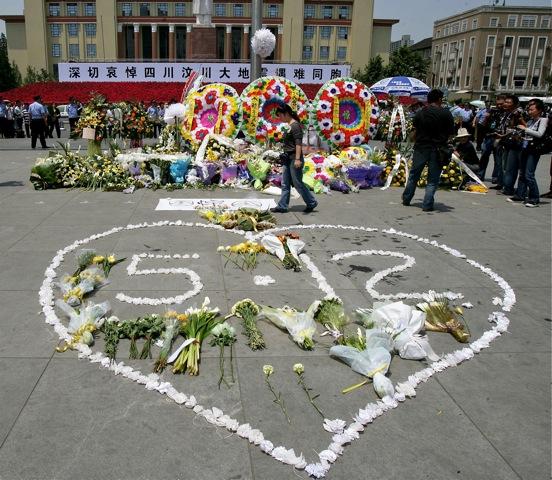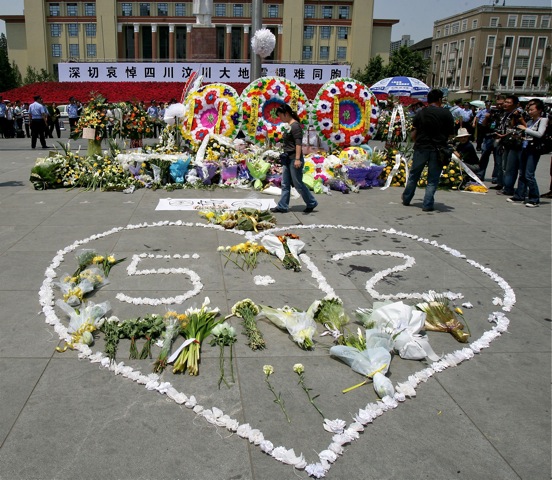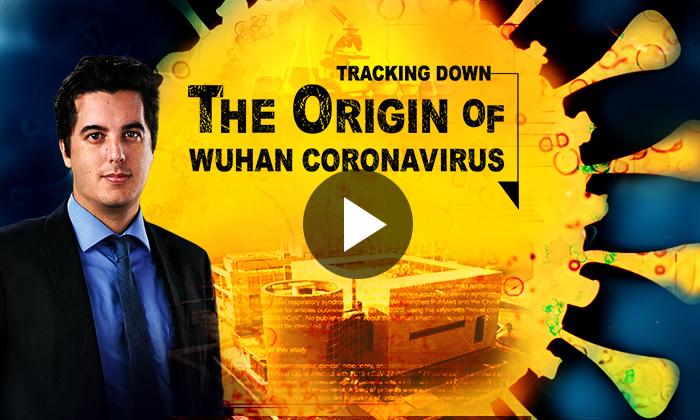As He Qinglian points out in “Beijing Flood Inspires Little Charity,” Chinese are turning a cold eye toward requests for charity to relieve the Beijing flood victims in part because of their bitter experience with giving to relieve the victims of the Sichuan earthquake.
The reports of the devastation from the earthquake that struck Sichuan Province on May 12, 2008, touched a chord. Entire villages had been flattened, the official death toll would eventually number 70,000, and almost 5 million were left homeless. Relief efforts sprang up spontaneously throughout China and in the Chinese diaspora around the world.
According to the Ministry of Civil Affairs, Chinese in China donated 4.185 billion yuan (US$657 million) in the first week. Eventually, giving inside China would total US$12 billion, according to a report by the NGO Research Center at Tsinghua University in Beijing.
In addition to opening their purses, Chinese tried personally to lend a hand. There were reports of caravans of SUVs loaded with supplies traveling long distances from the prosperous East in an attempt to succor the victims—an act that seemed to contradict the reports of a go-go China whose population was consumed by its own selfishness.
But such help was not always welcome. For instance, a popular blogger was arrested for raising money and attempting personally to deliver the funds to those in need in Sichuan.







